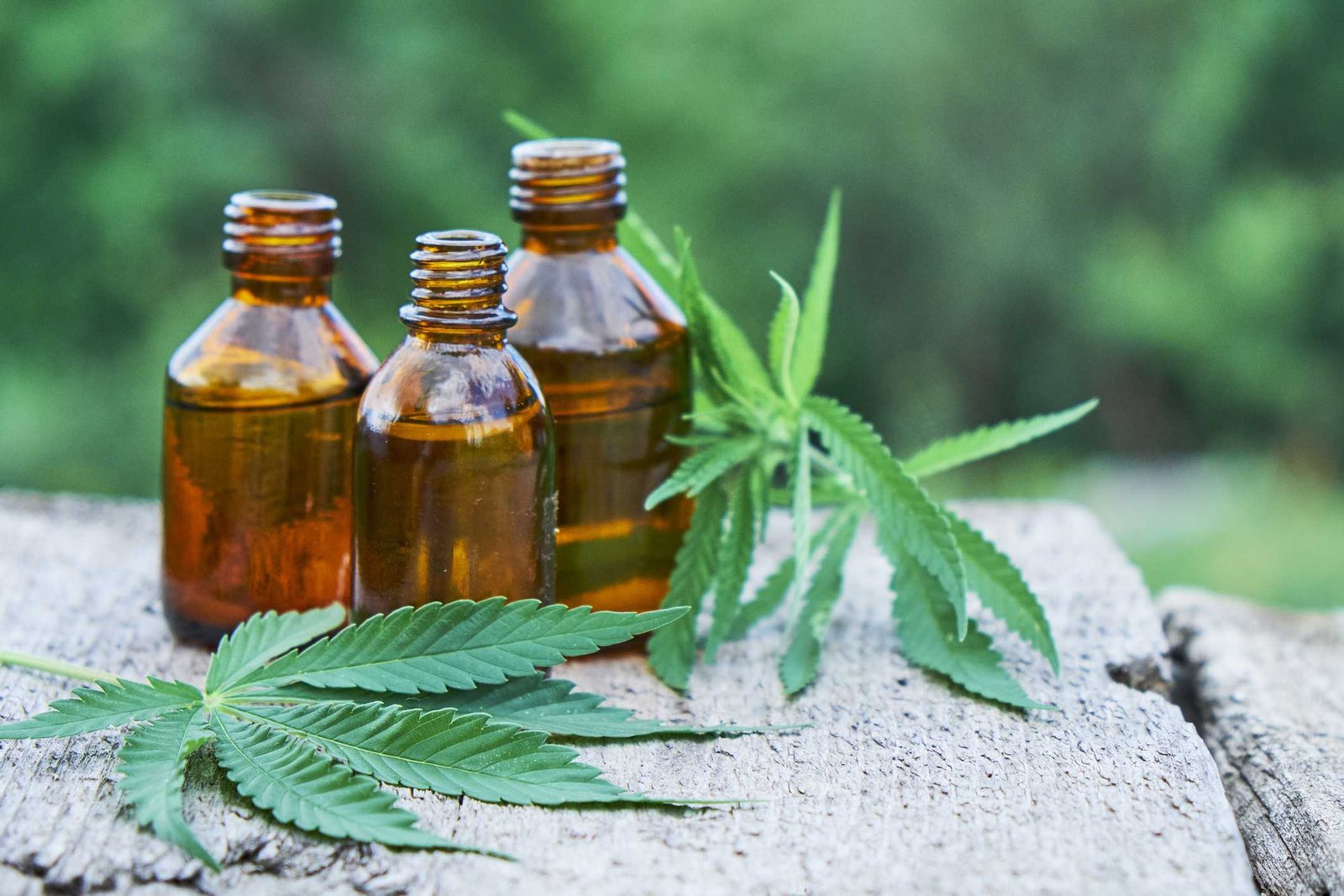In recent years, the popularity of CBD oil has skyrocketed, making it a hot topic of discussion among health enthusiasts and researchers alike. Cannabidiol (CBD) oil is derived from the cannabis plant and has gained attention for its potential therapeutic benefits. This article serves as a comprehensive guide to understanding What is CBD oil, its extraction process, and its potential uses.
Understanding CBD Oil
CBD oil is a concentrated liquid extract derived from the cannabis plant, specifically from the hemp variety that contains high levels of CBD and minimal levels of THC (tetrahydrocannabinol). THC is the psychoactive compound that gives marijuana its characteristic “high.” CBD, on the other hand, does not produce intoxicating effects and is widely used for its potential therapeutic properties.
Extraction Process
The most common extraction method is CO2 extraction, which involves using carbon dioxide under high pressure and low temperature to isolate and preserve the CBD compound. This method ensures a pure and high-quality product without the presence of harmful solvents or chemicals.
Another extraction method is ethanol extraction, where ethanol is used as a solvent to strip the CBD and other cannabinoids from the plant material. This method is less expensive than CO2 extraction but may result in a lower concentration of CBD and the possibility of residue in the final product.
Potential Health Benefits
CBD oil has gained attention for its potential health benefits, although further research is needed to fully understand its effectiveness. Some studies suggest that CBD may have anti-inflammatory, analgesic (pain-relieving), and anti-anxiety properties. It is also being investigated for its potential use in managing conditions such as epilepsy, insomnia, and chronic pain.
Additionally, CBD oil has been approved by the U.S. Food and Drug Administration (FDA) for the treatment of specific epilepsy disorders, such as Lennox-Gastaut syndrome and Dravet syndrome, under the brand name Epidiolex.
Legal Considerations
The legal status of CBD oil varies from country to country and even within different states or regions. In some places, CBD oil is legal for both medical and recreational use, while in others, it may be restricted to medical use only or prohibited altogether. It is important to be aware of the legal regulations regarding CBD oil in your specific location before purchasing or using it.
Usage and Consumption
CBD oil is available in various forms, including tinctures, capsules, topicals, and edibles. The appropriate dosage and method of consumption may vary depending on the individual and the intended use. It is advisable to start with a low dosage and gradually increase it while monitoring the effects on your body.
Conclusion
CBD oil is a cannabis extract that has gained significant popularity due to its potential therapeutic benefits. While more research is needed to fully understand its effects, CBD oil shows promise in managing various health conditions.
It is crucial to consult with a healthcare professional before incorporating CBD oil into your routine, especially if you have any underlying medical conditions or are taking other medications. Understanding the extraction process, legal considerations, and appropriate usage will help you make informed decisions when it comes to CBD oil and its potential benefits.

